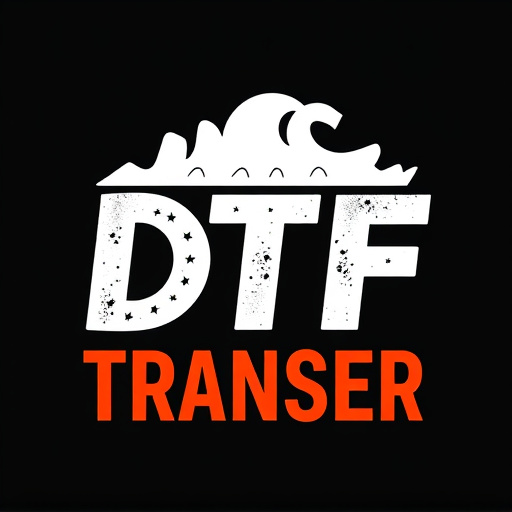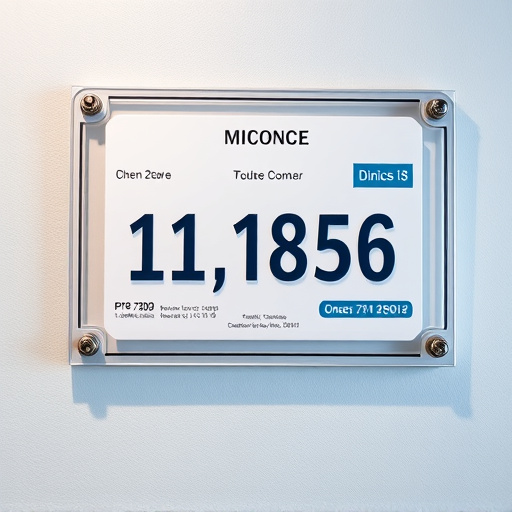Universal Legal Intake Systems (ULIS), with approval from all 50 states, are transforming access to justice by streamlining legal processes for consumers and professionals. These platforms ensure equal access to legal services regardless of location, benefiting underserved communities and out-of-state residents. The meticulous approval process aligns intake processes with state laws, maintaining consistency and accessibility across jurisdictions. While implementation aims to democratize legal aid, challenges include privacy, data security, digital access disparities, and integration with existing frameworks. Continuous improvements are crucial for ULIS' effectiveness in fostering a fairer society where legal aid is accessible to all.
In today’s interconnected world, ensuring universal access to legal services is more critical than ever. This article explores the concept of 50-state legal intake systems approved, delving into the benefits and challenges of implementing standardized legal intake processes across the nation. From a national perspective, understanding these systems is crucial for promoting compliance and consistency while enhancing legal access for all. We’ll discuss the approval process and its role in shaping a more equitable future for legal services.
- Understanding Universal Legal Intake Systems: A National Perspective
- The Approval Process: Ensuring Compliance and Consistency Across States
- Benefits and Challenges: Shaping the Future of Legal Access for All
Understanding Universal Legal Intake Systems: A National Perspective

Universal Legal Intake Systems (ULIS) are transforming the way legal services are accessed across the United States. These innovative platforms aim to streamline and simplify the intake process for both consumers and legal professionals, ensuring that everyone has equal access to justice. In a country as vast and diverse as the US, where each state operates its own legal framework, creating a unified system was a significant challenge. However, with the approval of 50-state legal intake systems, a consistent approach to legal advice and representation is now achievable.
The adoption of ULIS offers several benefits. It enables consumers to submit their legal issues through a standardized process, accessible from any location. This accessibility is crucial for reaching underserved communities and ensuring that legal aid is not limited by geographical boundaries. Furthermore, these systems provide a consistent level of service across states, making it easier for out-of-state residents seeking legal assistance or those who frequently travel to different states to understand their rights and available options.
The Approval Process: Ensuring Compliance and Consistency Across States

The approval process for 50-state legal intake systems is a critical step in ensuring uniformity and accessibility across different jurisdictions. Each state has its own set of regulations, and integrating these into a single, comprehensive system requires meticulous attention to detail. Legal experts, technology developers, and stakeholders work collaboratively to align the intake processes with state laws, rules, and guidelines. This involves extensive research, feedback collection from legal professionals, and rigorous testing to guarantee compliance.
Consistency is key in maintaining consumer protection and confidence. The approval process ensures that all 50-state legal intake systems operate under standardized protocols, making it easier for individuals to access legal services regardless of their location. By adhering to these approved systems, states can foster a seamless experience for users while upholding the integrity of their legal frameworks.
Benefits and Challenges: Shaping the Future of Legal Access for All

The implementation of universal legal intake options, with 50-state legal intake systems approved, promises to revolutionize access to justice for all. By streamlining and simplifying the initial steps in legal processes, these systems enhance accessibility, ensuring that individuals from diverse backgrounds can navigate the legal system more effectively. This democratization of legal services benefits those who might otherwise be deterred by complex procedures or financial barriers, fostering a fairer society where legal aid is not a privilege but a right.
However, challenges remain in creating and maintaining sustainable 50-state legal intake systems approved infrastructure. Balancing technological advancements with privacy concerns, ensuring data security, and addressing potential disparities in digital access are critical considerations. Moreover, integrating these systems with existing legal frameworks and gaining widespread acceptance among legal professionals and the public requires concerted efforts and continuous improvements to optimize their effectiveness.
Universal legal intake systems, with their potential to streamline access to justice across all 50 states, represent a significant advancement in ensuring equal legal representation. By simplifying and standardizing the initial stages of legal processes, these systems promise greater efficiency, accessibility, and fairness. However, challenges remain, from achieving uniform implementation to addressing technological barriers. As more states adopt 50-state legal intake systems approved, continuous evaluation and adaptation will be crucial to maximize their benefits and overcome obstacles, ultimately fostering a more equitable and accessible legal landscape for all.














